Afficher les éléments par tag : Catholic Church
Malta: a society with values in turmoil
No tourist visiting Malta would nowadays repeat what a traveller to Malta, quoted by John Wignacourt in his 1914 book The Odd Man in Malta, said in 1914 — ‘Malta would have been a delightful place if every priest were a tree…’! Contemporary Malta is much greener than what it was when the Knights of St John were given the arid island in fief in 1530 AD, even though current debate often focuses on the current government’s alleged lack of concern for the environment in its drive to appease the developers. But also because the number of priests has dwindled significantly over the last half a century, and the cry of ‘Malta Kattoliċissima’ (“Malta the most Catholic”) no longer holds sway.
Informations supplémentaires
- Auteur Mario Vassallo
The struggle for LGBT rights in Lithuania, between religion and human rights
On June 16, 2015 media reports quoted Prime Minister Algirdas Butkevicius as saying that a civil partnership bill was being discussed with the leaders of the Lithuanian Roman Catholic Church. The discussion centered around whether or not the bill would apply to both heterosexual and homosexual couples. Butkevicius was confident that there were grounds to reach a common agreement, but a few days earlier, Minister of Justice Juozas Bernatonis, opposed to civil partnership for homosexual couples but in favor of heterosexual partnership, had boldly stated that he did not see any problem in homosexual couples living outside of any legal regulation, deeming them “statistically irrelevant” and incompatible with traditional family values.
Informations supplémentaires
- Auteur Milda Alisauskiene
Religion and secularism in Poland
In Poland, religious freedom is guaranteed by the 1997 Constitution and by international instruments incorporated into Polish law. The country is also party to most European and universal human rights documents. In 2003, the number of Catholics was estimated at 34,443,998 (90.1 % of the entire population), the number of Orthodox Christians at 510,712 (1.34 %) and the number of Protestants at 162,102 (0.42 %). Surveys of the Centre of Public Opinion Research (CBOS) and the Catholic Church Institute of Statistics have shown that 90 % of the Polish population consider themselves a religious person, whereas the latest CBOS survey (2015) reveals that 50 % of the population participates in mass at least once a week (58 % in 2005). The same survey indicates that the proportion of people who do not attend Church services has increased from 9 % in 2005 to 13 % in 2015. Daily prayer is also in steep decline: from 66 % in 2005 to 43 % in 2015.
Informations supplémentaires
Poland
In Poland, religious freedom is guaranteed by the 1997 Constitution and by international instruments incorporated into Polish law. The country is also party to most European and universal human rights documents. In 2003, the number of Catholics was estimated at 34,443,998 (90.1 % of the entire population), the number of Orthodox Christians at 510,712 (1.34 %) and the number of Protestants at 162,102 (0.42 %). Surveys of the Centre of Public Opinion Research (CBOS) and the Catholic Church Institute of Statistics have shown that 90 % of the Polish population consider themselves a religious person, whereas the latest CBOS survey (2015) reveals that 50 % of the population participates in mass at least once a week (58 % in 2005). The same survey indicates that the proportion of people who do not attend Church services has increased from 9 % in 2005 to 13 % in 2015. Daily prayer is also in steep decline: from 66 % in 2005 to 43 % in 2015.
The religious situation in Spain: a brief overview
Spain has undergone deep transformations in the religious field since the democratic transition initiated after the death of Franco in 1978. This article provides a general overview of the main changes that occurred both in the religious landscape and in public policy governing religious diversity. After describing the broad societal transformations that have shaped the State’s relations with organised religious communities, this paper will provide a more exhaustive account of the current religious configuration of the country. It will then outline the primary ways in which the State conducts governance of religious diversity, followed by a more detailed description of the situation of religious education.
Informations supplémentaires
- Auteur Julia Martínez Ariño
Ireland: recent religious trends and patterns
While Ireland remains a predominantly Catholic society, in recent years the Church has experienced a notable erosion in its authority and power. At the same time, other faiths are growing, and the number of atheists and agnostics is increasing steadily.
Ireland is a majority Catholic society. According to the 2011 census, about 84 per cent of the population self-identify as Roman Catholic. At the same time, the Irish religious landscape exhibits considerable diversity. The Orthodox, Hindu, and Pentecostal faiths are the country’s three fastest growing non-Catholic religious traditions. The number of atheists and agnostics has grown by about 320 and 130 per cent respectively in the 2006-2011 span (All-Island Research Observatory (AIRO), PDR Table 35: Percentage and Actual Change in Population by Sex, Religion, Census Year, and Statistic).
Informations supplémentaires
- Auteur Brian Conway
Benedict XVI: The Post-Modern Pope
This truly post-modern pontificate could not have finished on a more coherent note, with Benedict XVI announcing resignation on 11 February 2013, only two months after his decision to join twitter. In the last decades, the age of spectacular contradictions and narcissistic stars, of nostalgic purists and charismatic visionaries, of gentle wolves and bullying lambs, has dramatically challenged the Papacy.
Joseph Ratzinger has relied on the unbending and invariable faith of the Church to face the storm: doctrinal solidity has been his asset first as an emerging theologian and bishop, then, from 1981 to 2005, as the relentless defensor fidei in his capacity as the Prefect of the Congregation for the Doctrine of the Faith; and finally, as Pope Benedict XVI, the re-evangelizer of Europe in the name of faith and reason. Since his early years, back to basics was Joseph Ratzinger’s recipe, against the background of a world, and a Church, going crazily secular. Good theology teaches that human failures are the inevitable consequence of the original sin; without Christ, and his Church, they cannot be endured, indeed they have no sense.
Informations supplémentaires
- Auteur Marco Ventura
Eglise et homosexualité : discours institutionnel et réalité vécue
Les débats qui animent la société française sur la redéfinition du mariage et son ouverture aux conjoints de même sexe suscitent de nombreuses prises de positions publiques de l’Église catholique. La plupart des propos tenus sont caricaturaux (« il n’y a pas de reproduction hermaphrodite parmi les hommes », déclare Mgr Vingt-Trois) et les menaces qu’une telle redéfinition du mariage entraînerait sont largement fantasmées (Mgr Barbarin évoque une rupture de société ouvrant la porte à la légalisation de l’inceste et de la polygamie). C’est peut-être bien sur l’institution du mariage que l’Église se positionne dans ces débats mais, sous prétexte de la défense des fondements anthropologiques de la société, ces propos n’en ont pas moins pour conséquence de stigmatiser les homosexuels auxquels ils refusent l’égalité des droits.
Informations supplémentaires
- Auteur David Koussens
Italian Church and State Ambiguities Challenged by the Debt Crisis. The ICI/IMU Affair
Over the last years Italians have started realizing they have to pay out of their pockets for the unsustainable weight of their sick public economy, while simultaneously growing eager on asking ‘their Church,’ the Roman Catholic Church, to share the burden. The ‘ICI’ affair exposed the discontent of an upset public opinion urging the Church to stop benefiting from ingenious tax exemptions. The new government led by Mario Monti has begun shaping fairer regulations. Will he truly succeed or will the change be purely cosmetic? And will the ‘ICI’ case awake Italians, Catholics and non-Catholics alike, to the need for healthier attitudes in Italian politics and law towards the Catholic Church?
Informations supplémentaires
- Auteur Marco Ventura





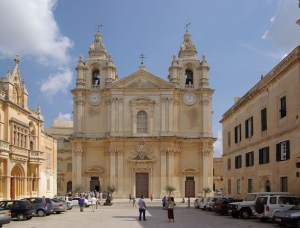
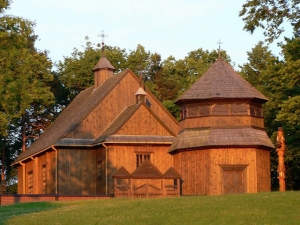
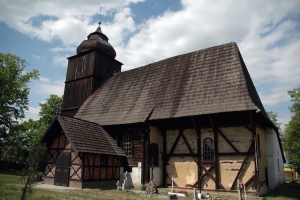
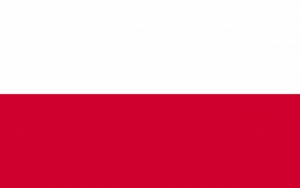
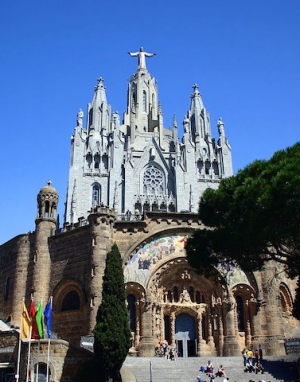
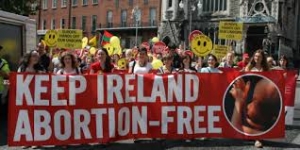
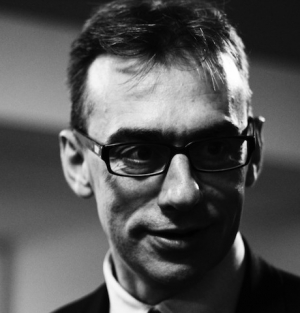
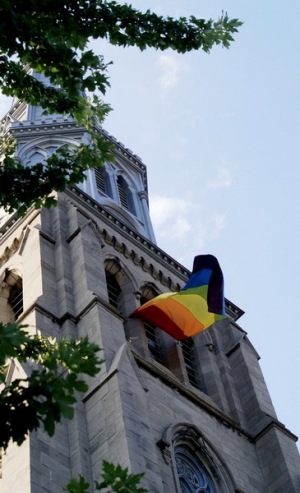
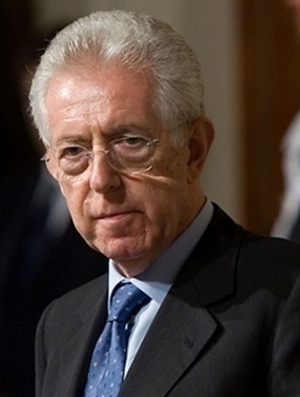
 MangoGem
MangoGem